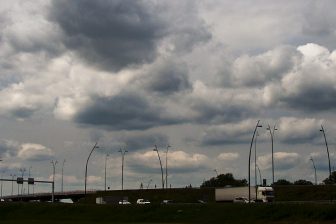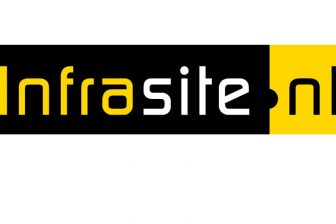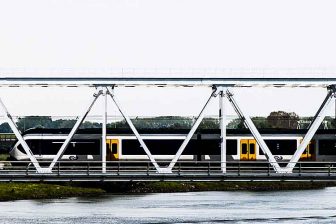ERF: Keep Europe Moving
Brussels, Belgium – ERF welcomes the long-awaited Transport White Paper Review and expressed its full support for a market-driven, citizen-centred transport policy that provides citizens and the economy with the sustainable mobility they demand based on equal access to/usage of all transport modes.
Details
The European Union Road Federation (ERF) welcomes the long-awaited Transport White Paper Review and expressed its full support for a market-driven, citizen-centred transport policy. Speaking at the Statutory Meeting of the Federation on 30 June 2006, ERF President Dr. Aniceto Zaragoza reaffirmed that “the EU must ensure that it provides its citizens and the economy with the sustainable mobility they demand based on equal access to/usage of all transport modes”.
“While the existing transport networks should be used as efficiently as possible with the help of new technologies, further investments are needed, also and above all in the new Member States”, Dr. Zaragoza added. ERF notes that the long-criticised and utopian concepts of “modal shift”, “marginal cost pricing” and “decoupling” are being abandoned as policy choices that have simply been proven wrong by the market realities over the past five years. At the same time, ERF continues to call on the European Commission and the Member States to propose, fully implement and enforce such policy measures that will truly tackle the most important challenges facing the European road transport sector, i.e. safety, congestion, pollution, sustainable and long-term financing mechanisms for roads construction and maintenance.
The recently-released European Road Statistics 2006 once again confirm the ERF’s long-held belief that roads – accounting for as much as a double figure of the GDP in the EU-25 – continue to be a major purveyor of economic growth in Europe in the first half-decade of the 21st century.
In its first meeting as the newly-established Brussels Programme Centre of the International Road Federation, ERF reaffirmed its vision of a global road platform bringing together public and private entities committed to road development. The annual meeting brought together representatives from the three IRF Programme Centres in Brussels, Geneva and Washington, DC in a fruitful exchange of views on issues ranging from infrastructure financing to intelligent roads.
U las zojuist één van de gratis premium artikelen
Onbeperkt lezen? Profiteer nu van de introductieaanbieding voor € 10,- per maand.
Bent u al abonnee?



